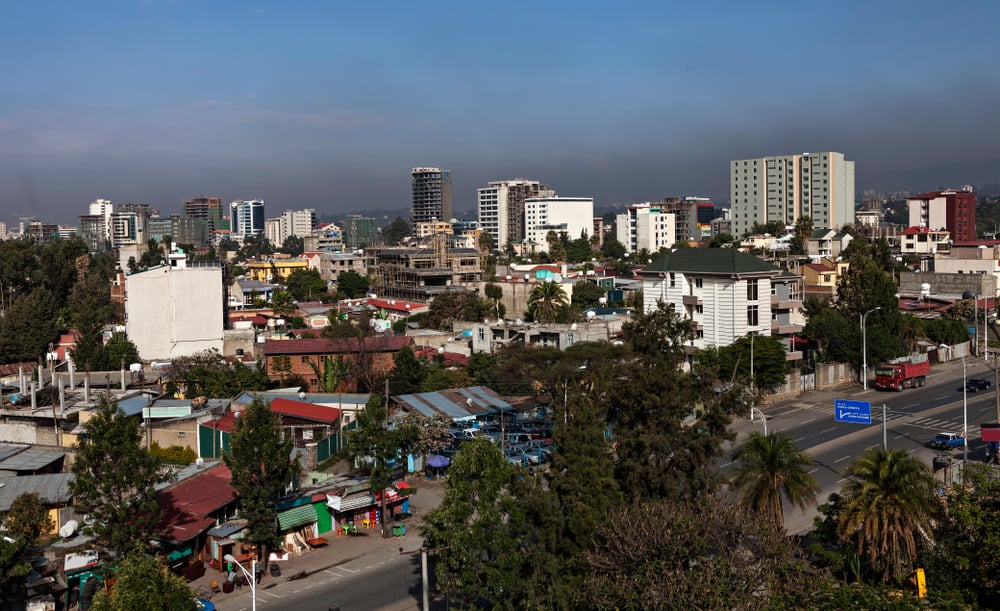Although the region is home to some of Africa’s most dynamic and competitive banks, no East African banks have managed to gain a place in the Top 10 of our overall ranking of Africa’s Top 100 banks this year.
Following a large recapitalisation in 2018, government-owned Commercial Bank of Ethiopia moves up one place to #17 in the overall ranking and dominates the regional ranking (see below) with Tier 1 capital of $1.7bn, total assets of $25bn and net profits of $397m.
Kenya Commercial Bank (KCB) holds onto the #2 regional ranking (up from #29 to #25 in the top 100) with Tier 1 capital up massively to $1.2bn, total assets of $8.7bn and net profits up marginally to $248m, giving it a solid 20% ROE. KCB bought National Bank of Kenya during 2019.
Hot on its heels is Equity Bank, the country’s star performer (up from #54 to #27) where Tier 1 capital also surpassed $1bn to reach $1.2bn with net profits up to $223
Tanzania’s biggest ranked banks are National Microfinance Bank (#67) – with Tier 1 capital up 9% to 359m and profits up 3% to $63m – and CRDB Bank (#71) with Tier 1 capital up 6% to $328m and a strong 87% gain in net profit to $52m.
The strong growth of Ethiopia’s private banks sees Awash Bank enter the top ranking at #90 with Tier 1 capital up 37% to $249m and net profit up 56% to $84m, while Dashen Bank is #16 in the regional ranking with Tier 1 capital of $202m and profits of $35m. Ethiopia’s banking sector is still not open to foreign shareholders.
The big riser this year has been Kenya’s NCBA – following the merger of NIC and Commercial Bank of Africa – with capital increasing to $664m. It listed 793.8m new shares on the Nairobi Securities Exchange in October 2019 and NCBA branded branches opened the following month.
There are still more than 40 Kenyan banks, and Central Bank of Kenya (CBK) governor Patrick Njoroge has said: “We are not done yet and there is all indication of more market-driven consolidations in the banking sector.”
Kenyan banks have all been affected by the interest rate cap that set maximum levels on the interest they could charge. It was repealed in November 2019 after years of pressure from banks and even the IMF. It choked off banks’ willingness to lend to risky private-sector borrowers and turned their attention to larger corporates and government securities. Bank shares surged by 10% or more on the Nairobi Securities Exchange when news broke of the change in the law.
Want to continue reading? Subscribe today.
You've read all your free articles for this month! Subscribe now to enjoy full access to our content.
Digital Monthly
£8.00 / month
Receive full unlimited access to our articles, opinions, podcasts and more.
Digital Yearly
£70.00 / year
Our best value offer - save £26 and gain access to all of our digital content for an entire year!
 Sign in with Google
Sign in with Google 



